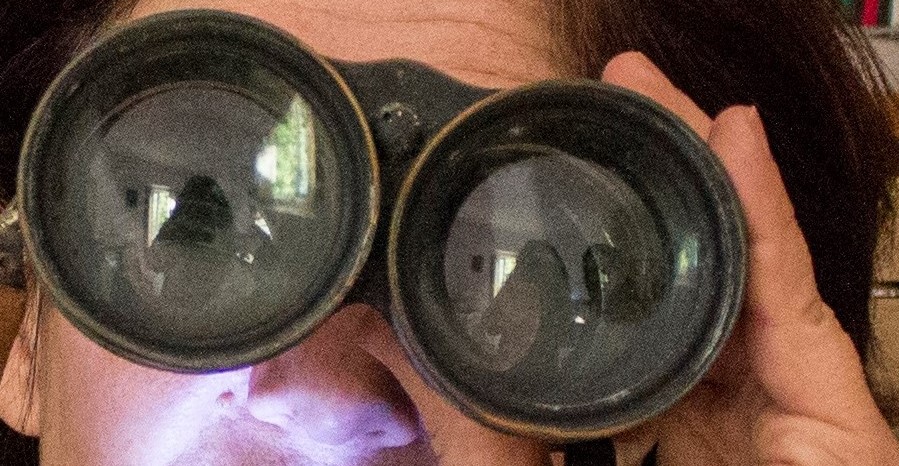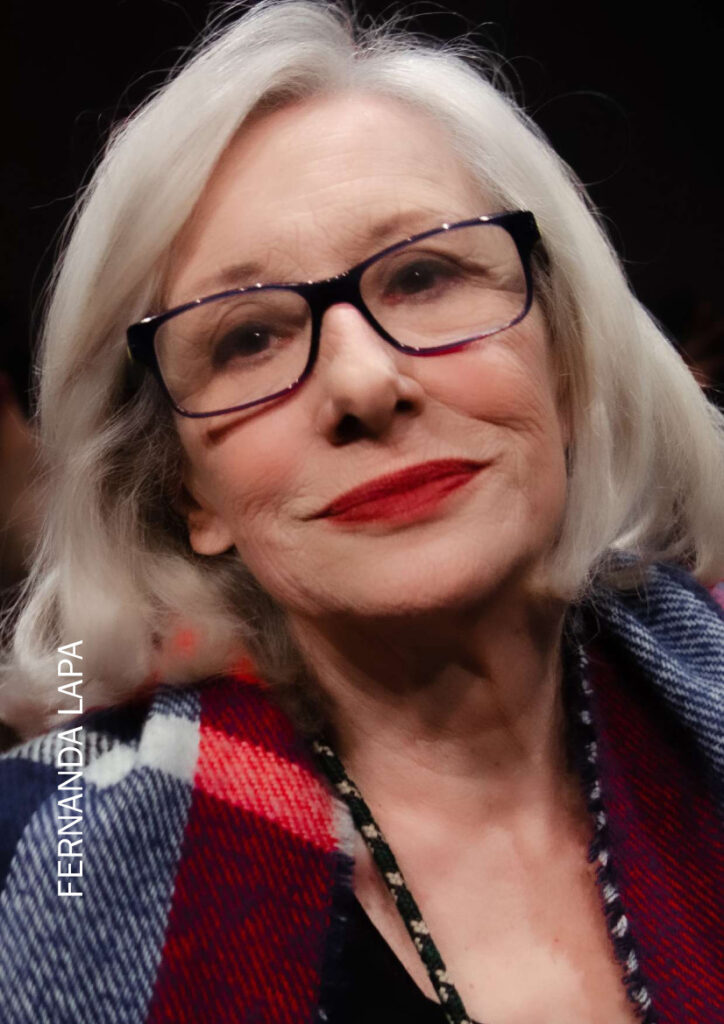
FERNANDA LAPA

ESCOLA DE MULHERES 1995/2020
Os espectáculos tinham uma maioria de homens nos elencos, e também eles eram, maioritariamente, protagonistas. Havia uma mulher nas profissões tradicionalmente masculinas, como iluminação, sonoplastia ou construção de cenários. As mulheres ou eram actrizes, ou estavam na bilheteira, nas limpezas, ou no guarda-roupa. Algumas eram, episodicamente, assistentes de encenação ou de produção. Resolvemos tomar uma atitude – criar uma Companhia dirigida por mulheres, que privilegiasse o trabalho feminino em todas as profissões do Teatro, promovesse e divulgasse uma nova dramaturgia de temática feminina e que desse da Mulher uma imagem mais consentânea com a realidade. Criámos a Escola de Mulheres-Oficina de Teatro, com um Manifesto provocatório e um espectáculo, igualmente provocatório, no Auditório da SPA no Dia Internacional da Mulher a 8 de março de 1995.
The shows had a majority of men in the casts, and they were mostly the protagonists. There was only one woman in the traditionally masculine professions, such as lighting, sound design, or stage building. The women were either actresses, or they’d work at the ticket office, janitorial work, or in the wardrobe. Some were, episodically, production assistants. We decided to take an attitude – create a company run by women, which would privilege the female work in all the theatre professions, promote and disseminate a new dramaturgy with a female theme and which would give women an image more in line with reality. We created the Escola de Mulheres-Oficina de Teatro, with a provocative Manifesto and an equally provocative show at the SPA Auditorium on International Women’s Day on March 8, 1995.
WOS #1, CRIADORAS

